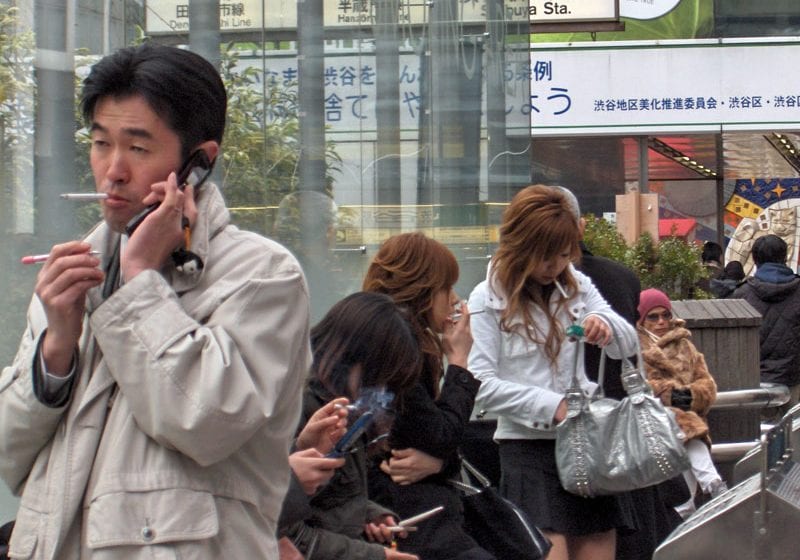The Japanese government said yesterday that it planned to restrict tobacco smoking in indoor public places but that it would not impose a ban, according to a story in The Japan Times.
Under the plan drawn up by the health ministry, restrictions on the use of heat-not-burn products would be less stringent than those on combustible cigarettes.
Smoking would be banned in hospitals, schools, universities and government offices, and minors would be prohibited from entering smoking areas.
Smoking would be permitted in restaurants and bars only within special rooms set aside for the exclusive use of smokers. The serving of food or drink would not be allowed within these rooms.
However, discussions are taking place about whether some restaurants and bars might be exempted from the requirement to establish separate smoking areas.
The use of heat-not-burn products too will be restricted to specially-designated rooms within restaurants, though in this case it will be permissible for customers to eat and drink.
Currently, facility operators are required only to ‘make efforts’ to prevent passive smoking.
The ministry plans to submit its tobacco-control bill to the Diet in March, and implement the legislation in stages in advance of the 2020 Tokyo Olympic and Paralympic Games.
The ministry originally planned to introduce a tougher ban, but was said by the Times to have backed down in the face of opposition from the Liberal Democratic Party (LDP) and ‘industries’.
A senior ministry official was quoted as saying that it would be difficult to introduce restrictions that disregarded smokers. “We need to take a first step,” the official said.
Japan inches toward ban












